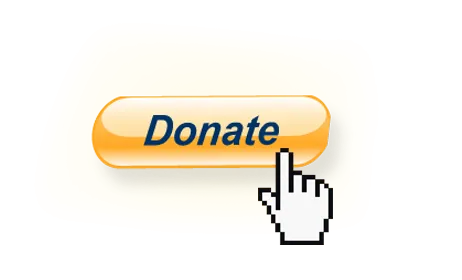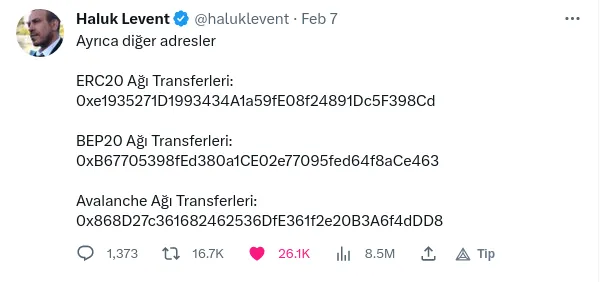
With the recent devastating earthquake in Turkey/Seria many people have stepped up to provide financial support not only via the traditional way of bank transfers, but in the form of cryptocurrencies as well.
Some accounts on both HIVE and Twitter posted public Ethereum and BSC addresses for crypto users to donate to:

Now you might ask, how do we know that these crypto addresses can be trusted, and that the person who posted them won't just run away with the funds? Well, verified and trusted individuals on Twitter have been retweeting the addresses. And, in the end, we can all verify via a public block explorer where the funds end up going.
Thanks to the transparency of the blockchain you can see the donation transactions coming in real time, which includes the address of the sender, and the amount they donated. We can see the total amount of ETH, BNB and other tokens the address has received via block explorers like etherscan or bscscan.
Contrast this with traditional charities, where everything is essentially a black box. In this case, we cannot publicly verify the amount of money the charity has received from all the various worldwide bank transfers, because the bank's ledgers are kept secret from the public. We also have no way of verifying that the charity is spending the money as they promised to.
Within TradFi, we have to trust that the money we send to these organizations via our traditional bank accounts is going to end up in the proper hands, and hopefully go directly to the people afflicted by the disaster. But given that the traditional banking system is a black box, we really don't know exactly how much money the charities are receiving, or where it's going. We have to trust the their reports.
At least with public blockchains, we can verify how much money has been raised. Now imagine if the businesses that supplied the food, supplies and other necessities were taking payments in cryptocurrency as well. The individual who posted the ETH/BSC address wouldn't need to convert it to fiat currency to help the victims, but could rather pay those businesses directly for the required necessities, and we could verify that the money was being allocated as intended.
On another note, think about how blockchain technology could be used to encourage donations as well. For example, imagine if everyone who donated to the address were awarded an NFT for their contribution. It could serve as a public badge of honor, to be verifiable into infinity, of an individual's generous donations to a certain cause.
As time progresses, we will no doubt see more donation money coming in the form of cryptocurrencies as the people wake up to its benefits. Donating via public blockchains is direct and transparent, and will result in recognition where it's deserved, and the most responsible use of donated funds.